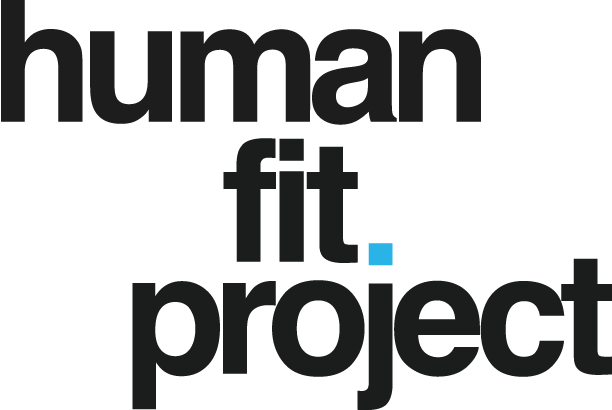As we age, our bodies undergo numerous changes, some of which can be detected through by keeping an eye on specific blood test biomarkers. For those of us over 40, regular health screenings become increasingly important to maintain optimal health and prevent age-related diseases.
Monitoring these particular biomarkers can provide valuable insights into our overall health, fitness, and longevity.
Related: The over-40 workout plan to build lean muscle
Also related: The over-40 stretching routine for tight muscles
1. Lipid Panel: Your Heart’s Best Friend
One of the most important blood test biomarkers for adults over 40 is the lipid panel. This comprehensive test measures various types of fats in your blood, providing a clear picture of your cardiovascular health. The lipid panel includes:
- HDL cholesterol (the “good” cholesterol)
- LDL cholesterol (the “bad” cholesterol)
- Triglycerides
- Total cholesterol
An optimal lipid panel can significantly reduce your risk of heart disease and stroke. Aim for HDL levels above 1.2 mmol/L, LDL below 3 mmol/L, and triglycerides below 1.7 mmol/L. Remember, these numbers aren’t just statistics – they’re a reflection of your heart health and a roadmap to a longer, fitter life.
2. Hemoglobin A1c: The Sugar Snapshot
Hemoglobin A1c (HbA1c) is another key blood test biomarkers for assessing your average blood sugar levels over the past 2-3 months. It’s an essential test for detecting prediabetes and diabetes, conditions that become more common as we age.Aim for an HbA1c level below 5.7%9. This number represents how well your body is managing glucose, a key factor in metabolic health. By keeping your HbA1c in check, you’re not just avoiding diabetes – you’re setting the stage for better energy levels, improved cognitive function, and a more active lifestyle.
3. Vitamin D: The Sunshine Vitamin
Vitamin D plays a crucial role in bone health, immune function, and even mood regulation. As we age, our ability to synthesize vitamin D from sunlight decreases, making it essential to monitor our levels. Many studies have shown that a significant percentage of adults over 40 have inadequate vitamin D levels. Optimal vitamin D levels can help maintain strong bones, reduce inflammation, and potentially lower the risk of certain cancers. Don’t let a simple deficiency hold you back from feeling your best.
4. Inflammation Markers: C-Reactive Protein (CRP) and Interleukin-6 (IL-6)
Chronic inflammation is often called the silent killer, as it’s associated with numerous age-related diseases. Two key biomarkers for inflammation are C-reactive protein (CRP) and interleukin-6 (IL-6). Monitoring these markers can help you stay ahead of potential health issues. The exciting news is that regular exercise has been shown to positively impact these inflammation markers. A study published in Nature found that physical activity can significantly influence various biomarkers, including those related to inflammation2. It’s never too late to start moving and reaping the anti-inflammatory benefits.
5. Full Blood Count: Your Body’s Balance Sheet
A full blood count (FBC) provides a comprehensive overview of your blood cells, offering insights into your overall health, immune function, and even your fitness level. Key components include:
- Red blood cell count
- White blood cell count
- Hemoglobin levels
- Platelet count
For men over 40, optimal hemoglobin levels range from 13.0–17.0 grams/deciliter (g/dL), while for women, the range is 12.0–16.0 g/dL. These numbers aren’t just medical jargon – they represent your body’s ability to deliver oxygen to your muscles, fight off infections, and maintain energy levels throughout the day.
6. Testosterone and Estradiol: Hormonal Harmony
As we age, hormonal changes can significantly impact our health, energy levels, and overall well-being. For men, monitoring testosterone levels is crucial, while women should keep an eye on estradiol levels3.Balanced hormones can contribute to better muscle mass, bone density, and even cognitive function. Don’t let age-related hormonal changes slow you down – knowledge is power, and understanding your hormonal status can help you take proactive steps to feel your best.
The Power of Regular Testing
While these blood test biomarkers provide valuable insights, it’s important to remember that they’re just part of the picture. Regular testing, combined with a healthy lifestyle, can help you stay on top of your game well into your 40s, 50s, and beyond.
Remember, these tests aren’t about finding problems – they’re about empowering you to take control of your health. When you understand your body’s unique biochemistry, you can make informed decisions about your diet, exercise routine, and overall lifestyle.
